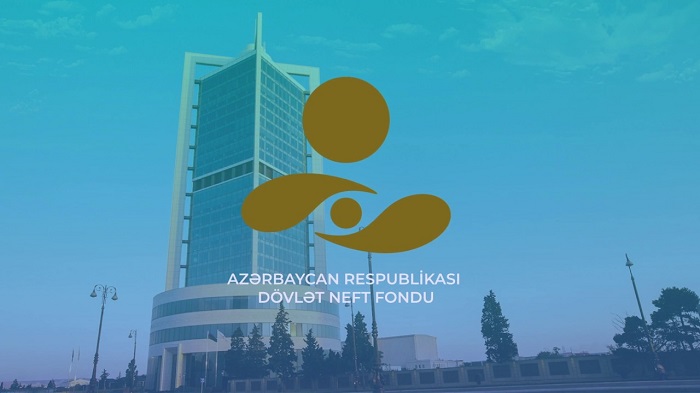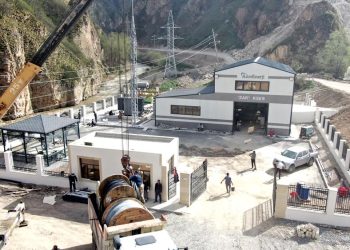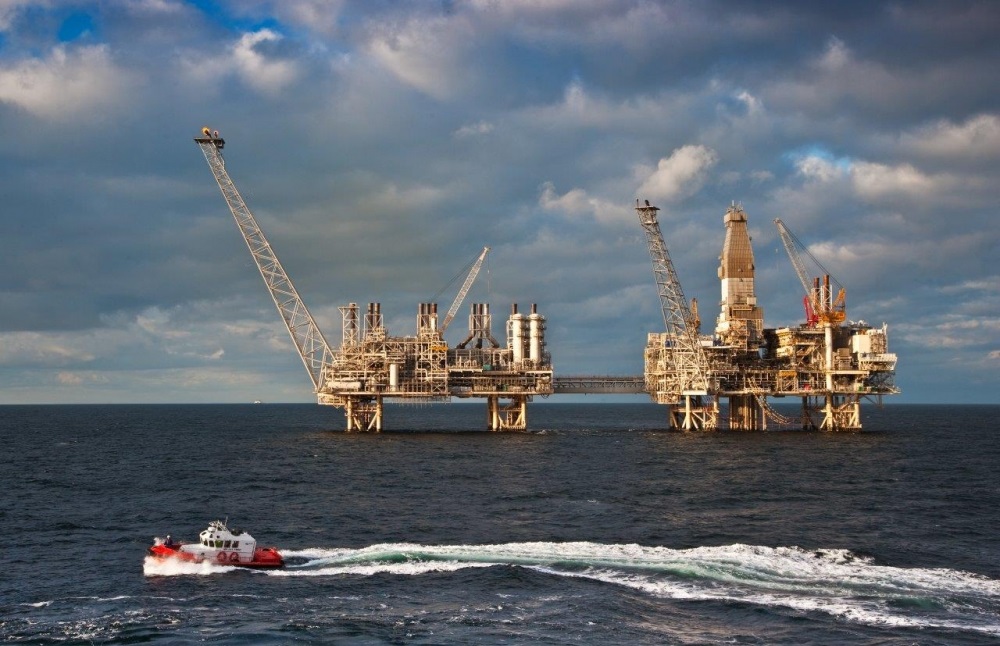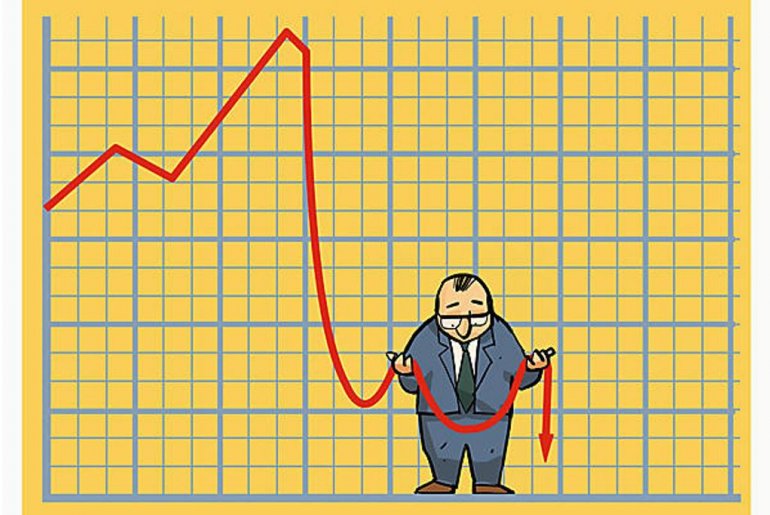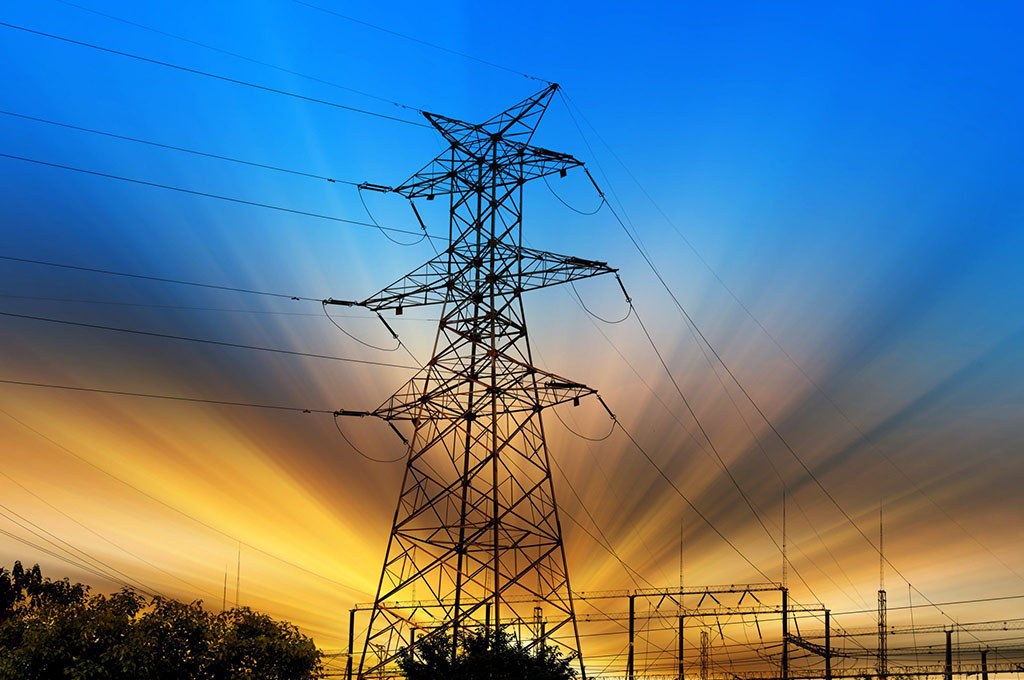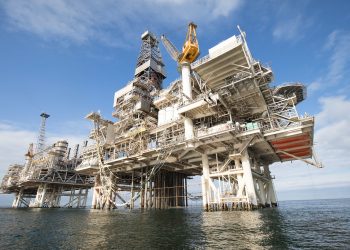Over the last years, Turkey has been increasingly associated in international political and economic debates with concepts such as “energy corridor” and “energy hub.” This characterization of Turkey is mainly due to its unique geographical position at the crossroads of the Caucasus, Central Asia, the Middle East, and Europe.
Turkey has become a hot topic of world –and notably European– natural gas markets for another reason: the European quest for a new “Silk Road” aimed at diversifying natural gas imports in order to break out of Russian domination.
In response to the energy security concerns that emerged in Europe after the first Russian-Ukrainian-European natural gas crisis (2006), the EU launched a new policy in 2008. This aimed to further diversify natural gas sources. This latter objective is served by the construction of LNG receiving terminals in Central and South-East Europe and the pursuit of the fourth corridor (generally known as the Southern Gas Corridor), in order to bring natural gas from Caspian and Middle Eastern supplier countries to Europewithout crossing Russia.
The implementation of this strategy –and particularly of the Southern Gas Corridor– was accelerated after a second major natural gas crisis between Russia and Ukraineoccurred in January 2009.
The ultimate infrastructural shape of the Southern Gas Corridor will likely be represented by the pipeline-tandem TANAP/TAP, an infrastructure that will deliver 10 bcm/year of Shah Deniz Phase II gas to the European market and 6 bcm/year to the Turkish market.
Besides Azerbaijan, the Southern Gas Corridor is generally expected to carry natural gas to the EU from Turkmenistan, Iraq, and –in the longer term– Iran. But what should we expect regarding its potential development?
Given its world-class natural gas reserves, in addition to the major volumes targeting the Chinese market, Turkmenistan could well have the potential to supply natural gas to Turkey and the EU, but major political and infrastructural barriers will likely make such a development unfeasible, at least in the medium-term.
The Kurdistan Regional Government of Iraq (KRG) is rapidly emerging as a world-class natural gas province. Arbil already agreed to export 4 bcm/year of gas to Turkey from 2017, a level that will raise to10 bcm/year by 2020 and potentially to 20 bcm/year thereafter. Considering the high level of gas reserves, the KRG could well supply gas also to the EU via Turkey after 2020. However, an internal dispute between Arbil and Baghdad on the federal hydrocarbon law and the revenue sharing regime needs to be settled to allow gas exports from the KRG to Turkey and eventually to Europe.
Iran has the potential to become a major player in international gas markets. However, considering the geographical location of its gas reserves, it seems that in the medium-term Iran would hardly fit into the Southern Gas Corridor concept, as its gas exports will most likely first target the global LNG market and Asian markets via pipeline.
Over the last few years, the Eastern Mediterranean region has progressively attracted the attention of the world natural gas industry due to a series of natural gas discoveries off the shores of Israel and Cyprus. Israel could soon become a gas exporter, most likely via floating LNG. Israel could also export gas to Turkey via pipeline, but only once the Cyprus issue is resolved. It is too early to understand if Cyprus will ever become a gas exporter, as the results of current exploration activities won’t be clear until after 2015-6.
Up to 2020, Turkey will likely not have the potential to become a regional natural gas hub. In fact, looking at the numbers characterizing the Southern Gas Corridor, within this time frame, it will not be possible to expect more than 10 bcm (from Shah Deniz Phase II) to flow through Turkey to the EU. This amount certainly represents a historical step –as it will be the first concretization of the long-lasting Southern Gas Corridor odyssey– but it will not radically change the EU’s gas security of supply architecture, at least up to 2020.
* Simone Tagliapietra is a researcher at Fondazione Eni Enrico Mattei and a visiting researcher at Istanbul Policy Center in Turkey. This article is an abridged and updated version of the original article published in the Winter 2014 issue of the Turkish Policy Quarterly (TPQ).





